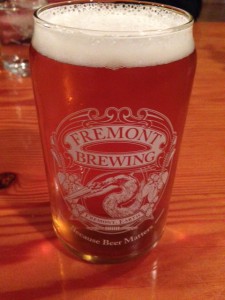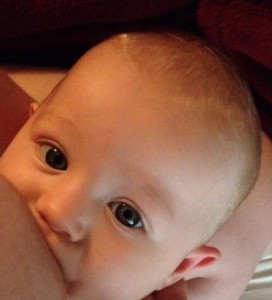Let’s be honest. Overly full, engorged breasts are uncomfortable and sometimes downright painful. Fortunately, under normal circumstances true engorgement can be prevented with frequent breastfeeding in the first few days/weeks after the birth of your baby. Some breast fullness and tenderness is to be expected in the first week postpartum as your breasts prepare to provide nourishment for your baby or babies. It may feel like you have enough milk to feed the entire neighborhood, but keep in mind that much of the swelling you are experiencing is simply that—swelling. It’s not just milk “coming in” that is making your breasts feel so full. After the birth of your baby; water, blood and lymphatic fluid rush to your breasts in preparation for breastfeeding. With adequate breastfeeding, the discomfort usually passes in a day or 2. Many mothers don’t experience anything but mild fullness.
Currently, however, many birthing people in the U.S. experience births that are anything but biologically “normal.” Epidural anesthesia requires that mother receive an IV of fluids. Inducing labor with pitocin requires extra fluid. C-sections require IV’s. If a mother receives any extra fluids via IV, she will continue to retain the fluid for some time even after the birth of her baby. That extra fluid often results in swollen ankles, fingers and even breasts!


